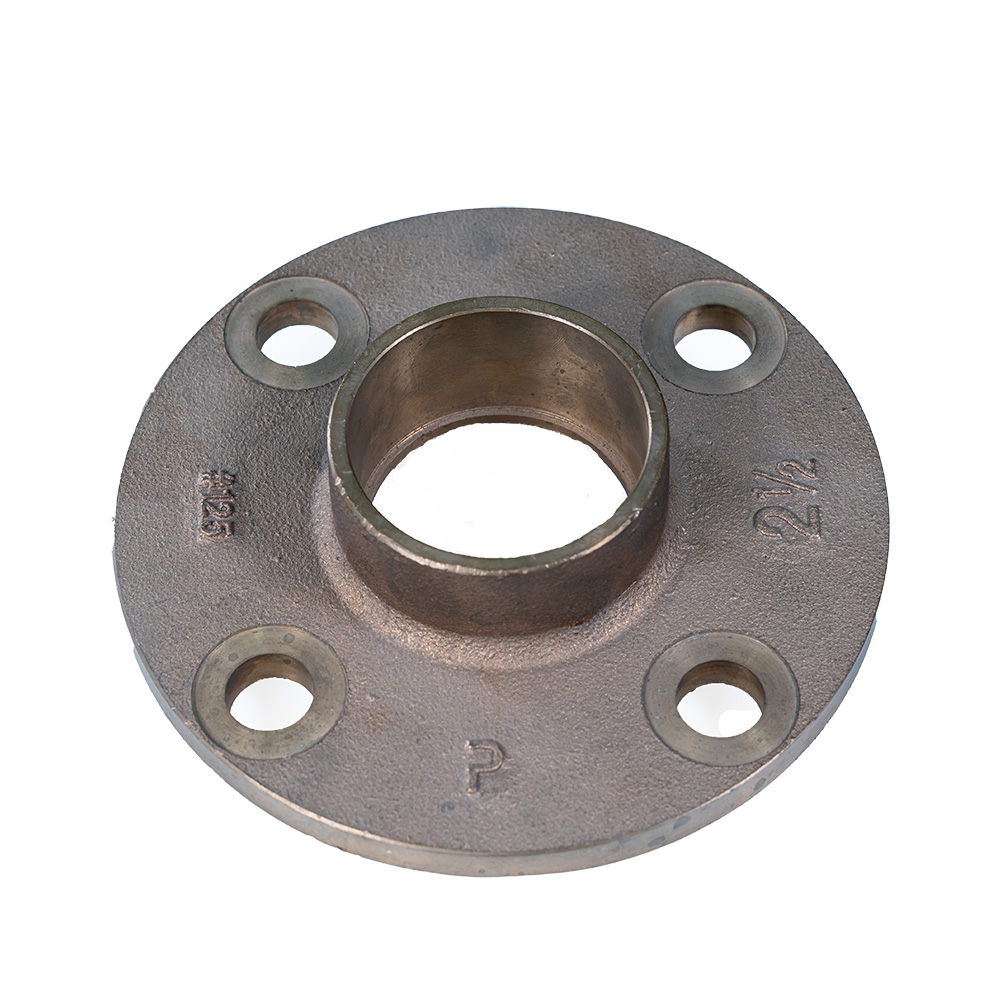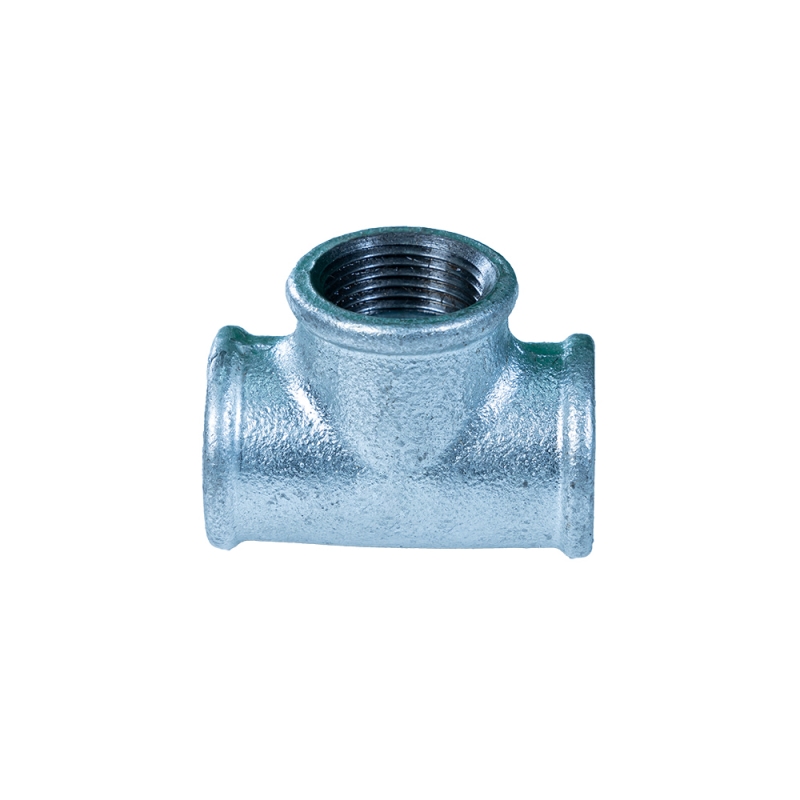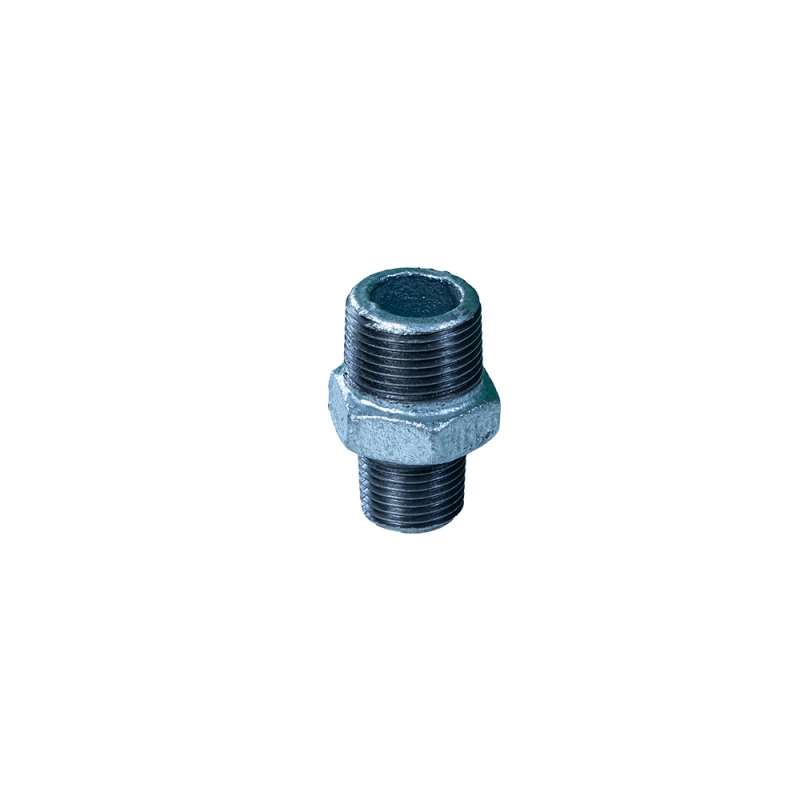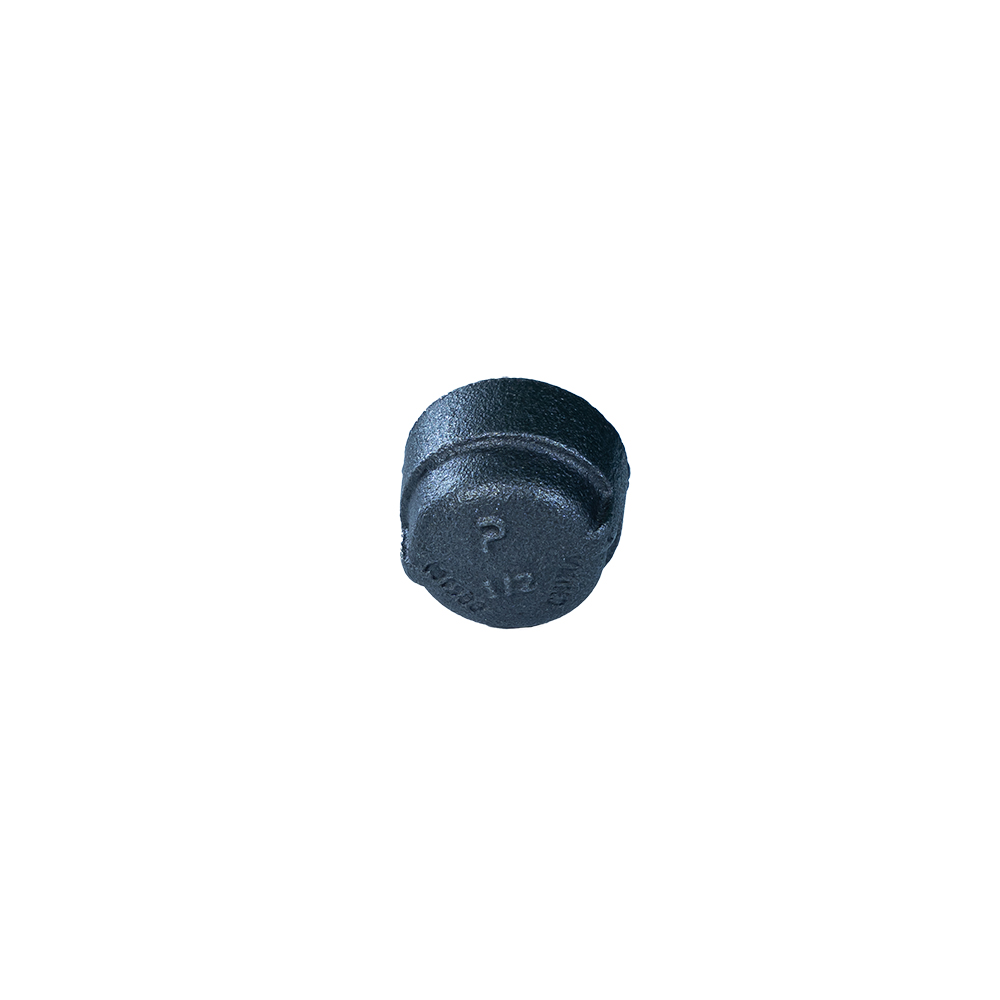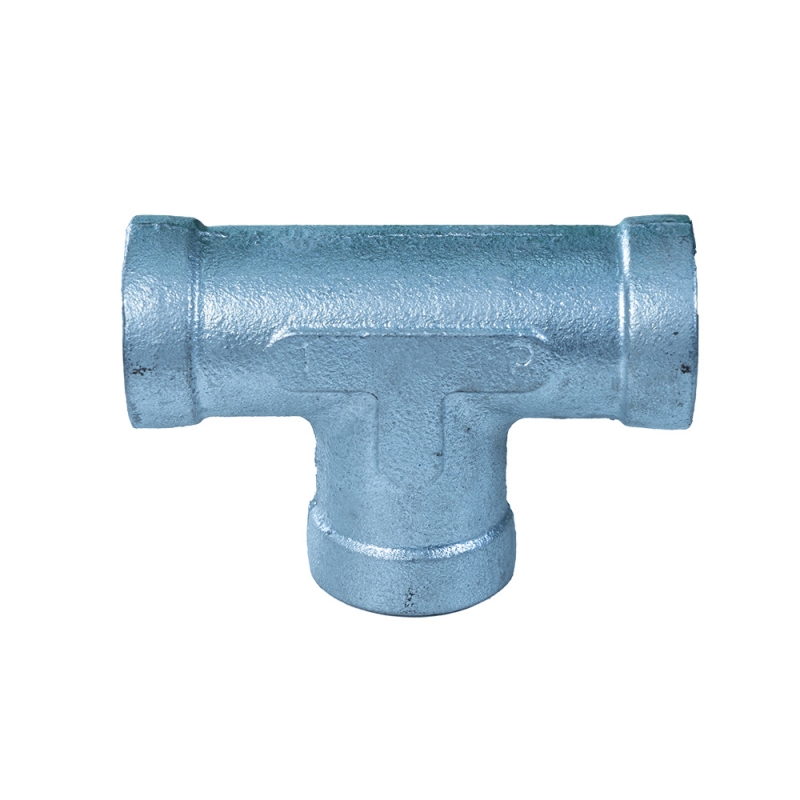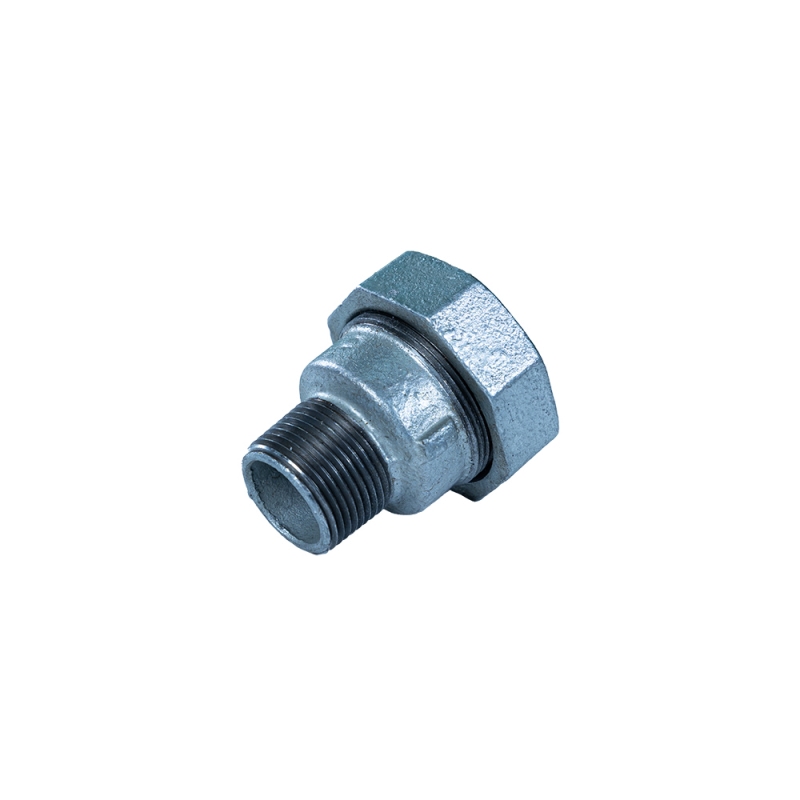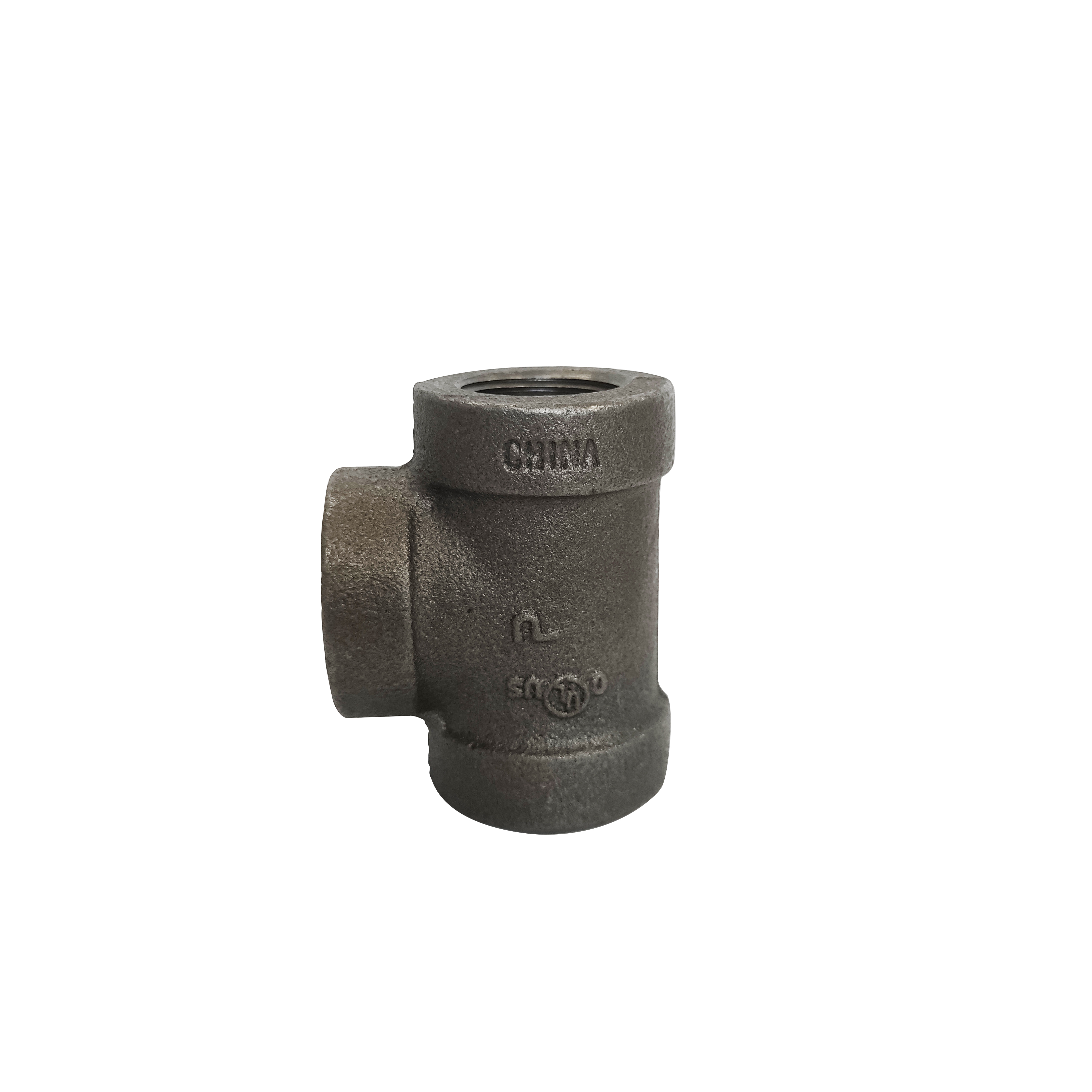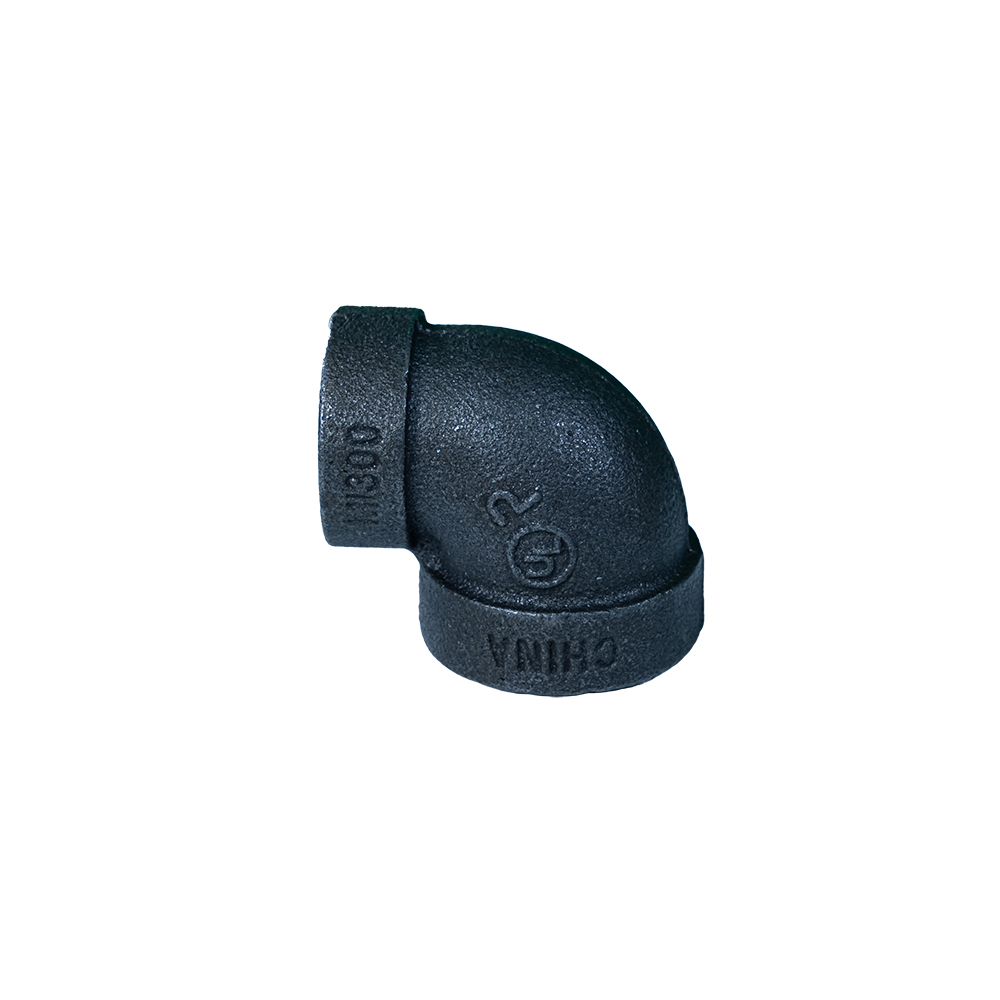Dated on Nov-17-2025
Understanding 3/4 Galvanized Pipe Fittings: Why They Matter Globally
You might not notice them while they quietly do their job, but 3/4 galvanized pipe fittings are vital. These small yet sturdy components hold together countless water, gas, and industrial piping systems worldwide. Whether it’s an urban water supply, a large industrial plant, or temporary humanitarian relief infrastructure, these fittings keep fluids flowing safely and efficiently. Understanding their design, application, and future innovations isn’t just for engineers — it’s crucial for anyone interested in sustainable infrastructure and global development. The global market for galvanized pipe fittings is growing steadily, driven by rapid urbanization, industrialization, and urgent needs like disaster relief. According to a 2023 report from the International Standards Organization (ISO), pipeline corrosion causes billions in yearly losses globally, yet galvanized fittings cut that risk significantly, extending system life by up to 50% in some cases. This not only reduces cost but protects communities and environments from frequent maintenance woes and leaks. Let’s peel back the layers of what makes 3/4 galvanized pipe fittings so indispensable.What Exactly Are 3/4 Galvanized Pipe Fittings?
Simply put, 3/4 galvanized pipe fittings are connectors crafted for 3/4-inch diameter steel pipes coated in zinc. This zinc coating — a galvanization process — makes the steel corrosion resistant. Essentially, it’s a mini-armour for steel pipes and fittings, preventing rust and chemical damage caused by moisture or harsh environments. These fittings come in different shapes — elbows, tees, couplings — and are the junction points joining pipe sections. Using galvanized materials means piping systems last longer, especially in water supply lines and outdoor industrial setups exposed to weather. Without them, rust would drastically shorten the lifespan of steel pipe assemblies, increasing costs and downtime. In humanitarian contexts, galvanized pipe fittings allow quick assembly of water transport networks for refugee camps or disaster zones, where durability and speed matter most.
Mini takeaway: Galvanized fittings are like a protective skin for pipes, keeping infrastructure reliable and leak-free in many industrial and humanitarian scenarios.
Core Components That Define Their Value
Durability
Zinc galvanization protects fittings against corrosion and wear, letting them survive in wet, salty, or chemically aggressive environments without significant rusting. This translates directly to fewer repairs and longer service life.Compatibility & Versatility
The “3/4” in the name refers to the nominal pipe size. These fittings are compatible with standard 3/4-inch galvanized steel pipes, making them a universal option in plumbing, irrigation, HVAC, and more.Cost Efficiency
Though slightly costlier upfront than plain steel fittings, galvanized versions save money long-term by reducing maintenance and replacement frequency. They require less frequent inspection and prevent system failures that could lead to costly damages or downtime.Ease of Installation
Standardized threading and sizing allow quick assembly and disassembly. This is crucial on job sites where time equals money or in emergency installation of water or gas lines.Environmental Impact
Galvanized fittings, if properly maintained, can outlast other materials, reducing waste. Plus, zinc is recyclable, making these components more aligned with circular economy ideals.
Mini takeaway: It’s the combination of longevity, standard sizing, and maintenance savings that give 3/4 galvanized pipe fittings their practical edge.
Applications Around the World: Where the Action Is
The interesting thing about 3/4 galvanized pipe fittings is how universal they are. Across continents and industries, you’ll find them holding systems together.- Urban Infrastructure: From North American cities to developing Asian urban hubs, these fittings are common in municipal water pipelines.
- Industrial Facilities: Chemical plants and factories rely on strong, corrosion-resistant fittings to safely transport liquids and gases.
- Disaster Relief & Humanitarian Efforts: NGOs use galvanized fittings for rapid deployment water systems in refugee camps, like those supported by UNHCR in Africa and the Middle East.
- Agricultural Irrigation: In regions with high humidity or seasonal rains — think Southeast Asia or South America — galvanized fittings ensure dependable water delivery, preventing crop loss.
A Snapshot of Product Specifications
| Specification | Detail |
|---|---|
| Nominal Size | 3/4 inch (19.05 mm) |
| Material | Steel (Hot-dip galvanized) |
| Coating Thickness | 45 microns (average) |
| Standard Threads | NPT (National Pipe Thread) or BSP |
| Max Operating Pressure | Up to 300 psi (2.07 MPa) |
| Typical Weight | 0.20 - 0.40 lb (90-180g) |
Comparing Top Vendors for Your 3/4 Galvanized Pipe Fittings
| Vendor | Price Range (per fitting) | Coating Warranty | Lead Time | Key Advantage |
|---|---|---|---|---|
| PanNext Fittings | $1.20 - $1.50 | 5 years | 2 weeks | Excellent customer support, availability of standards |
| SteelCo Supplies | $1.00 - $1.40 | 3 years | 3 weeks | Competitive pricing, bulk order discounts |
| GlobalPipe Inc. | $1.30 - $1.60 | 7 years | 4 weeks | Highest corrosion resistance ratings |
Looking Ahead: Innovations in Galvanized Pipe Fittings
The future of 3/4 galvanized pipe fittings isn’t just about zinc coatings anymore. Industry insiders talk about hybrid coatings combining zinc with polymers to boost corrosion resistance even further, especially in coastal or industrial areas with extreme exposure. There’s also movement in digitizing supply chains to track batches for quality control—imagine scanning a QR code on the fitting and instantly knowing its specs, origin, and test results. Sustainability is a hot topic: lowering the carbon footprint of galvanization and increasing zinc recycling rates. That fits neatly with the global push toward greener infrastructure.Challenges & Practical Tips for Overcoming Them
Let’s be honest, galvanized fittings aren’t perfect. They can fail prematurely if coatings get damaged during installation or due to poor handling. Also, for very high-pressure or highly corrosive fluids, galvanized steel might not cut it. To tackle these, experts recommend:- Proper training during installation to avoid scratches or cracks in the coating
- Regular inspection using non-destructive testing methods
- Using specialized fittings with additional lining or coatings where extreme conditions apply
FAQ: Practical Questions About 3/4 Galvanized Pipe Fittings
Q1: Can I use 3/4 galvanized pipe fittings for outdoor irrigation systems?A: Absolutely. Their corrosion resistance makes them ideal for outdoor environments exposed to moisture and soil chemicals, ensuring longevity for irrigation lines. Q2: How long do galvanized pipe fittings typically last?
A: With proper installation and maintenance, they can last 20-30 years or more, depending on environmental factors such as soil acidity and weather. Q3: Are galvanized fittings compatible with other piping materials?
A: They generally connect well with steel pipes and fittings, but care must be taken when connecting to copper or plastic pipes to avoid galvanic corrosion. Q4: Where can I find reliable 3/4 galvanized pipe fittings suppliers?
A: Trusted vendors include PanNext Fittings, SteelCo Supplies, and GlobalPipe Inc. Local standards and certifications should always be checked before purchase. Q5: Can these fittings be used in potable water supplies?
A: Yes, galvanized steel pipe fittings are commonly used in potable water systems but ensure compliance with local health regulations and standards.
Wrapping Up: Why 3/4 Galvanized Pipe Fittings Are Worth Knowing
In the end, 3/4 galvanized pipe fittings are more than just small connectors — they’re silent guardians of essential piping networks worldwide. Investing in quality galvanized fittings means less downtime, safer water and gas distribution, and a nod toward environmentally conscious infrastructure. For those in the industry or anyone curious about how modern plumbing or industrial pipelines keep things flowing, these little fittings pack a big punch. If you want to see a solid lineup of products or get serious about upgrading your system, check out 3/4 galvanized pipe fittings. They offer reliable options with great support, helping you avoid the common pitfalls I mentioned. Thanks for sticking through—sometimes the smallest parts have the biggest stories. --- ### References 1. International Organization for Standardization (ISO), "Corrosion Protection of Steel Pipelines" – ISO 1461 2. United Nations Humanitarian Relief Reports, 2019 Mozambique Floods 3. World Bank Infrastructure Data, 2023Post time: Nov-17-2025
Related PRODUCTS


